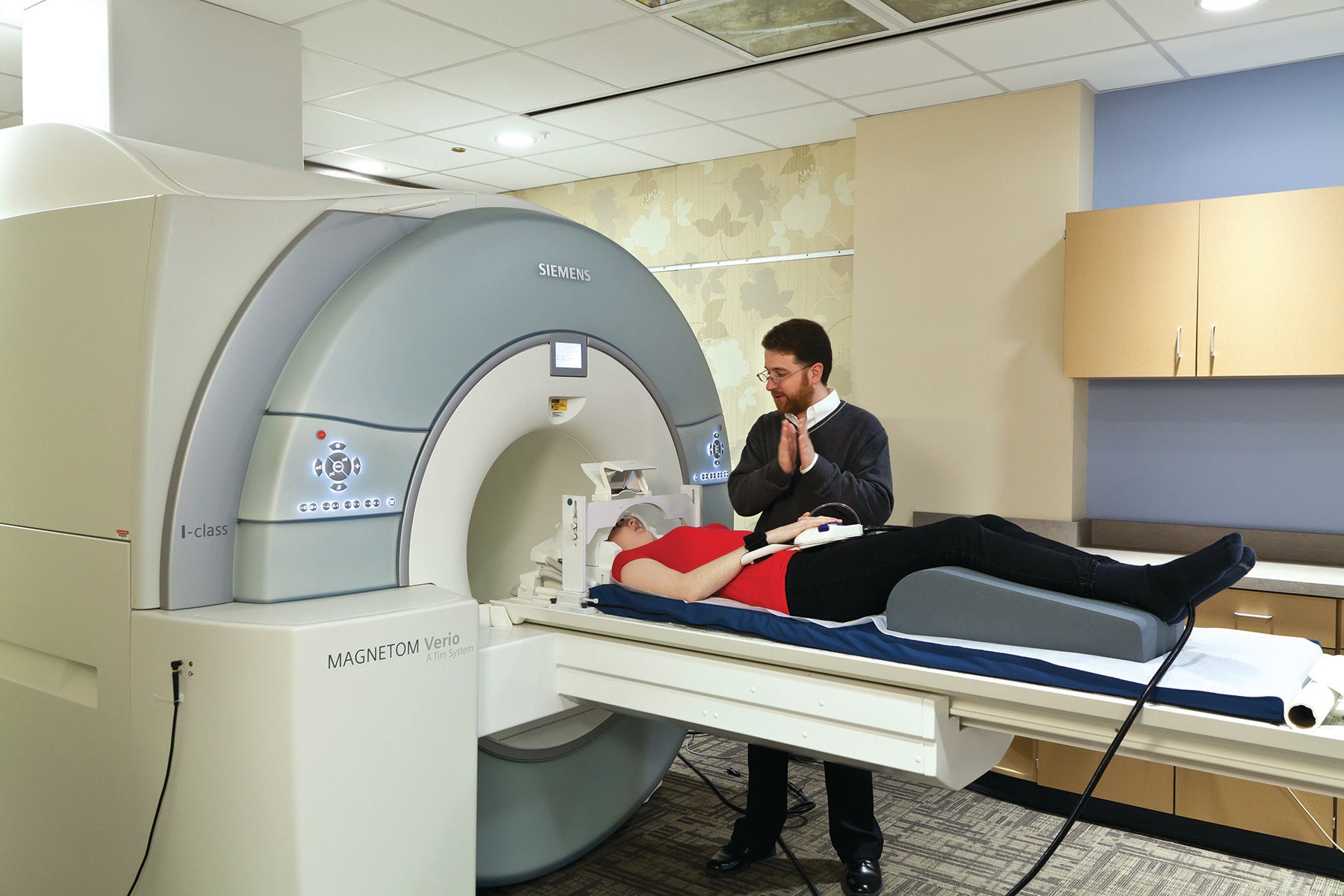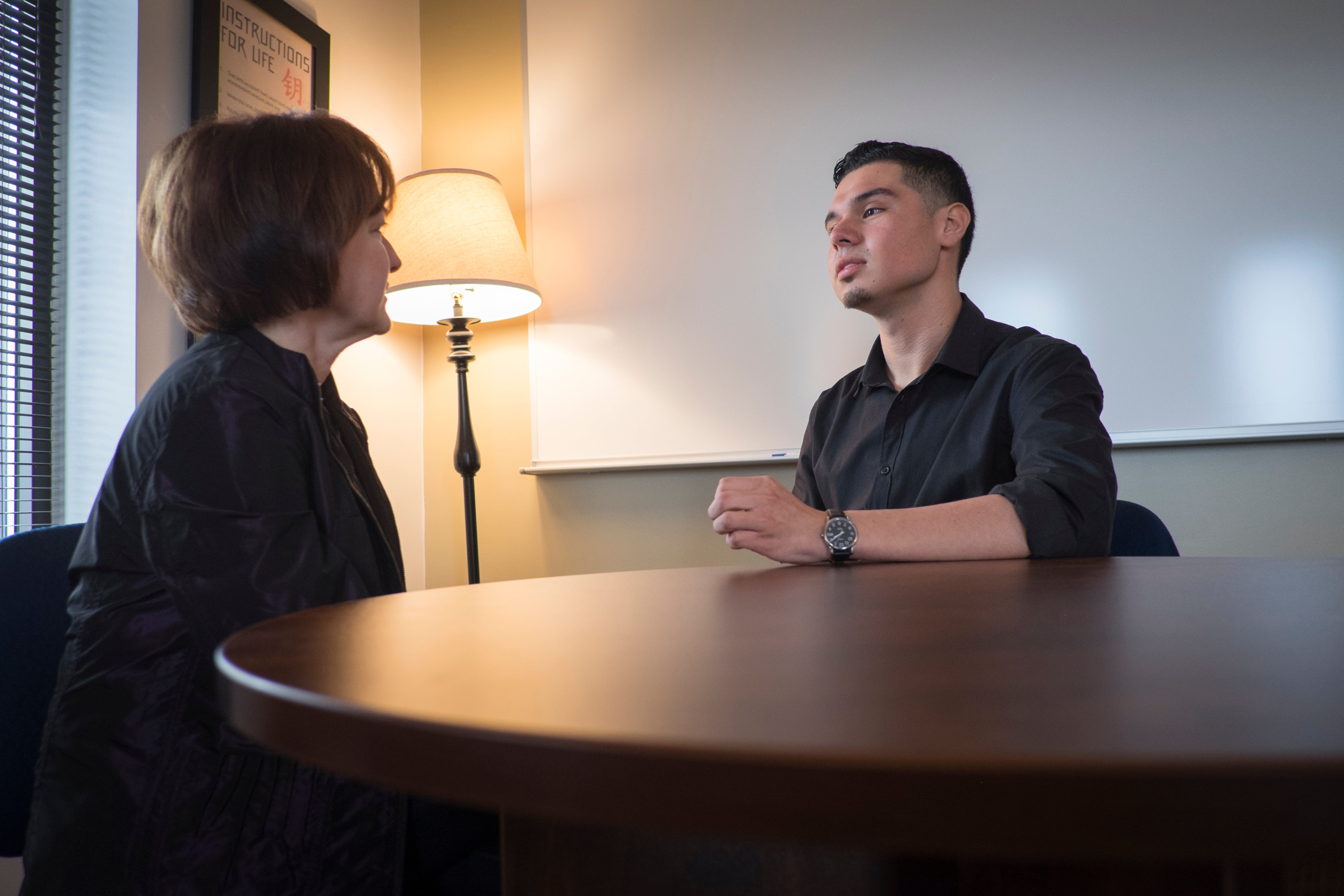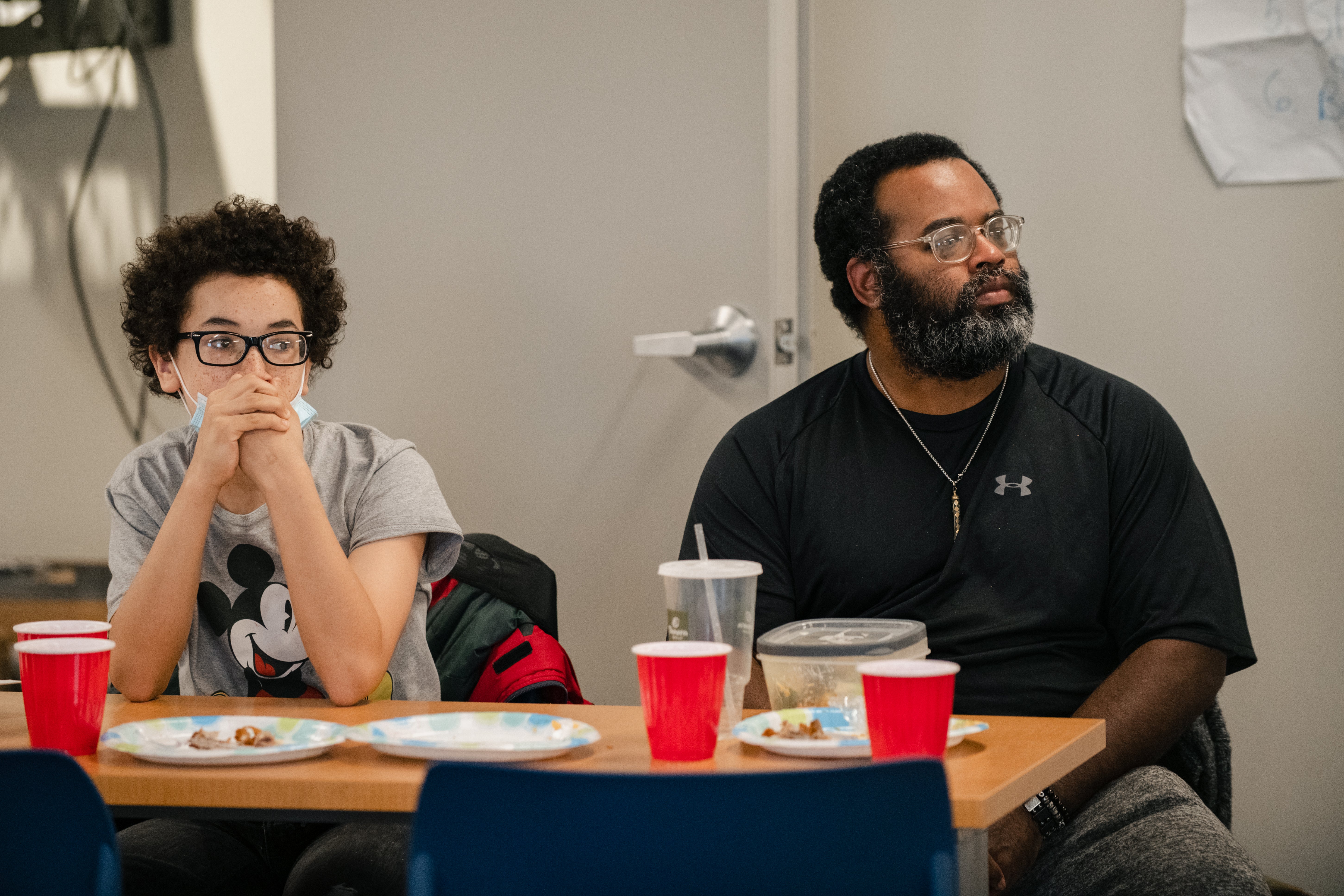Quality of Life in Schizophrenia
PACES: Promoting Activity and Cognitive Enrichment in Schizophrenia
Team: Shaun M. Eack, Ph.D. (Social Work, Psychiatry), Susan S. Hogarty, M.S.N, R.N. (Psychiatry), Konasale M. Prasad, M.D. (Psychiatry, Engineering), K. N. Roy Chengappa (Psychiatry), Deepak K. Sarpal, M.D. (Psychiatry), Jessica M. Gannon, M.D. (Psychiatry).
Description: For nearly a century the positive symptoms of psychosis, such as hearing voices or having unusual beliefs, have been the central focus of treatments for schizophrenia. However, most individuals continue to experience considerable disability even when good control over positive symptoms has been achieved. Negative symptoms, or difficulties in getting motivated, using elaborate speech, experiencing pleasure, and engaging with others are often reported by individuals and family members as the key source of challenges for individuals seeking a greater functional recovery from schizophrenia. Unfortunately, while negative symptoms have been shown to be some of the strongest predictors of functional recovery, current and existing treatments do little to address negative symptoms.
Dr. Eack and his colleagues in Department of Psychiatry are working on testing a new approach to the treatment of negative symptoms in schizophrenia using cognitive rehabilitation. They have shown in previous studies that Cognitive Enhancement Therapy can help individuals with schizophrenia achieve significant gains in social functioning, employment, and quality of life, and Dr. Eack and colleagues are now adapting the approach to target the negative symptoms of the schizophrenia that contribute to disability in so many individuals.
Funding source: National Institute of Mental Health
Early Psychosis
Optimizing Disability Benefit Decisions and Outcomes in First Episode Psychosis
Team: MPIs are Nev Jones (Pitt), Lisa Dixon (Columbia) and Howard Goldman (Maryland), working with a national team of academic co-investigators, including researchers at Westat, UT Austin and UC Davis, and individuals and families with direct experience of early psychosis.
Description: The 5-year project will leverage existing national data available through the NIMH EPINET initiative, as well as collect extensive new data , including longitudinal surveys and interviews. The primary goal is to better understand the factors influencing the decisions young people make, and contexts that influence these decisions, including family socioeconomics, structural racism, and the available, accessibility and quality of vocational supports, and use this knowledge to improve services and transform outcomes.
Funding source: National Institute of Mental Health (NIMH)
Violence Prevention
Child/Youth Thriving Matrix: A community-level strategy to reduce youth violence
Team: Dr. Mary Ohmer (Pitt). Partners include the Allegheny County Department of Human Services and UPMC Children’s Hospital of Pittsburgh (UPMC CHP). Dr. Ohmer’s Co-PI is Dr. Alison Culyba of UPMC CHP and Pitt School of Medicine. Co-Is include Dr. Liz Miller of UPMC CHP and Pitt School of Medicine and Richard Garland from the University of Pittsburgh School of Public Health. Community partners include UrbanKind Institute and Neighborhood Resiliency Project.
Description: The project will assist high-risk youth and families and promote resilience and equity in communities that have recently faced civil unrest through implementation of evidence-based violence prevention, and community youth engagement programs, as well as linkages to trauma-informed behavioral health services.
Funding source: Substance Abuse and Mental Health Services Administration (SAMHSA)



